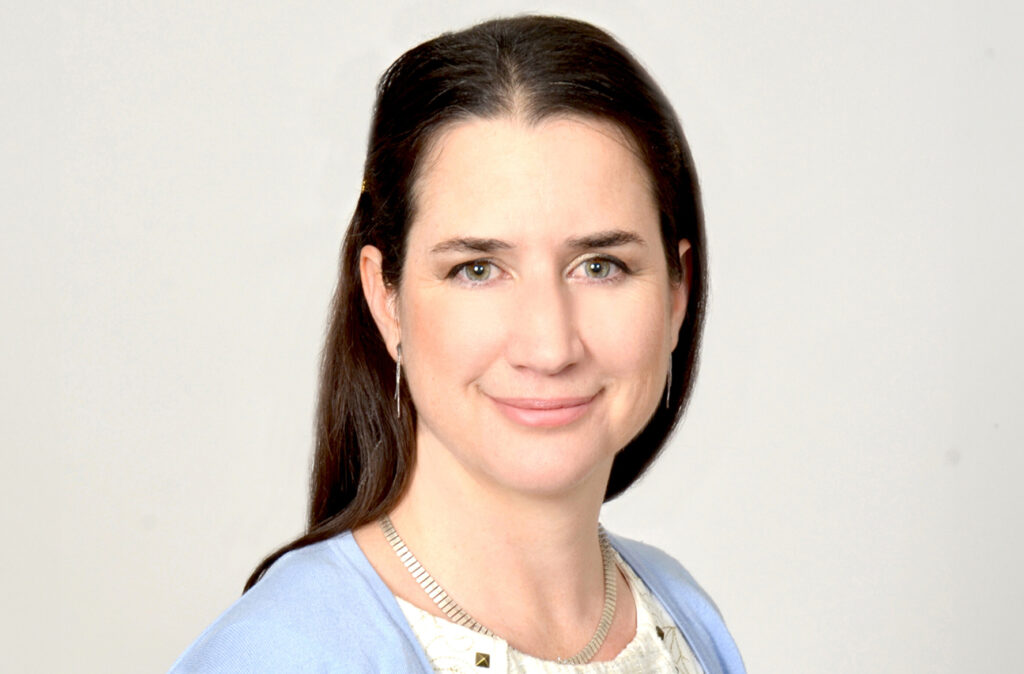
“The proliferation of AI in the next 15 years will undoubtedly bring about a transformation characterized by more security but less personal freedom to move, express ourselves, purchase and make choices as we see fit. And many of these changes will go largely unnoticed by most people as AI offers to them a life that seems both safer and more convenient. In the pursuit of the promise of security and comfort, society may become complacent and oblivious to the encroachment on personal freedoms and privacy.
While AI holds the promise of enhancing safety in cities and villages by addressing issues such as criminality, traffic accidents and natural disasters, doing so will invariably encroach upon our liberty to navigate public spaces, exercise financial autonomy, manage our time in accordance with our preferences and critically reflect upon the choices that we make.
“The year 2040 is poised to bring about significant transformations in our daily lives and in the broader societal landscape primarily driven by the widespread proliferation of artificial intelligence. One of the most striking and consequential developments will be the increasing trade-off between freedom and security.
“While AI holds the promise of enhancing safety in cities and villages by addressing issues such as criminality, traffic accidents and natural disasters, doing so will invariably encroach upon our liberty to navigate public spaces, exercise financial autonomy, manage our time in accordance with our preferences and critically reflect upon the choices that we make.
“One of the most significant consequences of the coming shift towards greater public security is the pervasive utilization of AI-powered surveillance, biometric data collection and the analysis of individuals’ behaviours. These technologies will inevitably lead to a fuller loss of privacy as society once knew it. The omnipresence of sensors and surveillance systems will cast a shadow over our personal lives, raising concerns about individual autonomy and civil liberties. People’s every move may become subject to scrutiny, fundamentally altering the nature of personal freedom.
“Moreover, the possibility to pay in cash, which is the only truly anonymous form of payment, may face the risk of being abolished for the sake of economic efficiency and easier traceability of electronic transactions.
The risk lies in small deviations, but what we consider ‘normal’ today will become a luxury good in the future. What we lose in the end are personal freedom, autonomy, privacy and anonymity. Tragically, we might remain oblivious to what we forfeit in pursuit of comfort and ‘security’ until it’s too late. These incremental alterations are likely, in aggregate, to culminate in wide-reaching consequences for our daily lives that nobody desired and nobody could fully anticipate.
“In addition to the loss of privacy and increased surveillance, the advent of AI will exert its influence on how we communicate and exchange information. The instantaneous nature of communication may deprive individuals of the freedom to respond at their own pace. The expectation of constant online availability and responsiveness may leave individuals feeling pressured to prioritize the demands of others over their own time and preferences.
“The gradual transition from personal freedom to public security will happen incrementally, often made in small, barely noticeable steps. However, the consequences of this shift are profound, as it endangers the way we live, communicate, spend our money, experience leisure activities and engage in social activities.
“The risk lies in small deviations, but what we consider ‘normal’ today will become a luxury good in the future. What we lose in the end are personal freedom, autonomy, privacy and anonymity. Tragically, we might remain oblivious to what we forfeit in pursuit of comfort and ‘security’ until it’s too late. These incremental alterations are likely, in aggregate, to culminate in wide-reaching consequences for our daily lives that nobody desired and nobody could fully anticipate.
“Returning to the life we once knew would prove to be an insurmountable challenge, as individuals and institutions may be hesitant to shoulder responsibility for any perceived decrease in public security and any increase in potential victims (such as those affected by terrorist attacks) due to insufficient surveillance. This fear of accountability can further exacerbate the erosion of personal freedoms.
“This scenario conjures echoes of Aldous Huxley’s ‘Brave New World,’ in which citizens willingly sacrifice personal liberty for the allure of comfort and security, illustrating the complexity of the trade-off between freedom and the promise of better security that will define life in 2040.”
This essay was written in November 2023 in reply to the question: Considering likely changes due to the proliferation of AI in individuals’ lives and in social, economic and political systems, how will life have changed by 2040? This and more than 150 additional essay responses are included in the report “The Impact of Artificial Intelligence by 2040”


